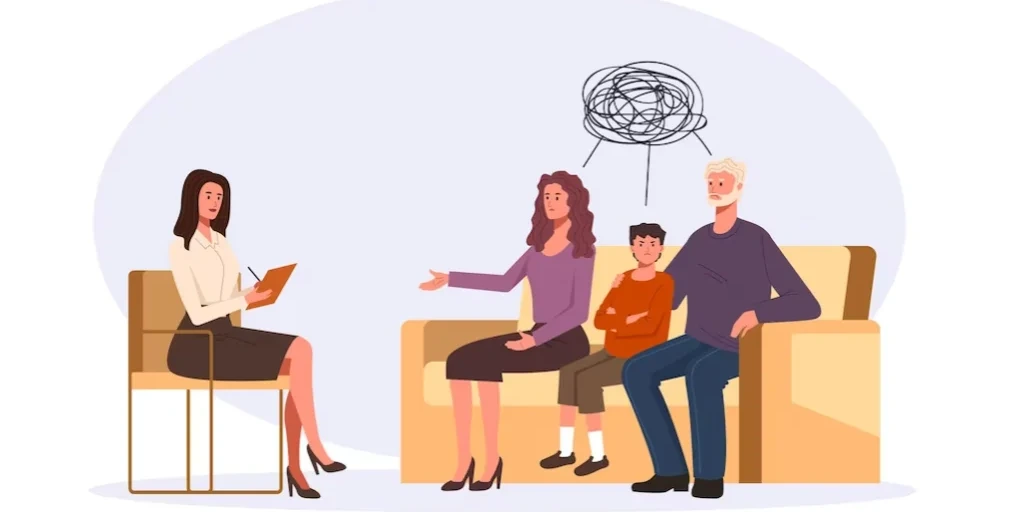24/7 Helpline:
(866) 899-221924/7 Helpline:
(866) 899-2219
Learn more about Eating Disorder Treatment centers in Camilla
Eating Disorder Treatment in Other Cities

Other Insurance Options

WellCare Health Plans

Carleon

CareFirst

Lucent

Private insurance

PHCS Network

Anthem

Multiplan

Magellan Health

Magellan

UMR

Providence

BHS | Behavioral Health Systems

Regence

United Health Care

American Behavioral

Choice Care Network

Covered California

MVP Healthcare

Health Partners

SBZ Services Unlimited
SBZ Services Unlimited is a private rehab located in Camilla, Georgia. SBZ Services Unlimited specia...


































